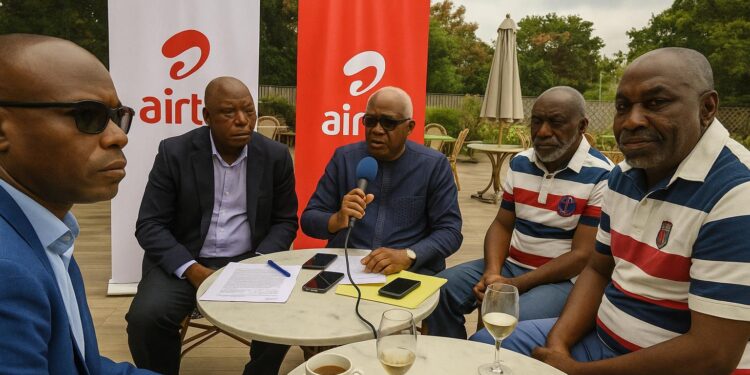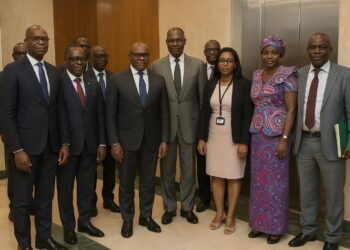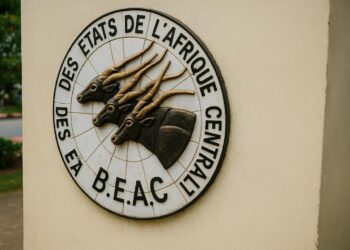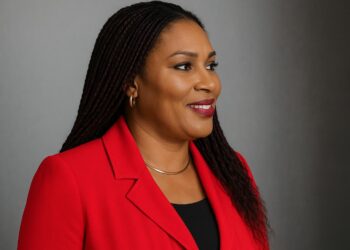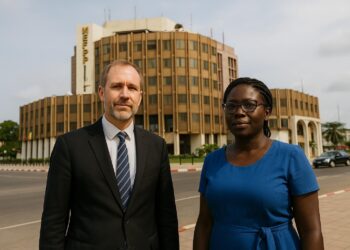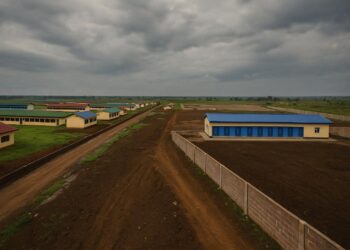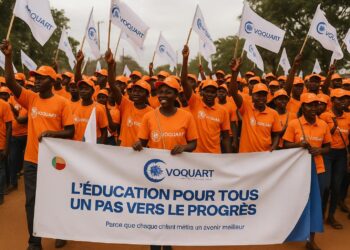Key event overview
Brazzaville will host an unusually dense four-day gathering on digital currencies and monetary overhaul from 28 to 31 October 2025, positioning the Congolese capital as a regional hub for debate on crypto-assets, banking strategy and macro-financial resilience.
Driven by consultancy BT Integral Consulting, the programme pairs a public conference with a paid professional seminar, aiming to equip policy makers, bankers and investors with actionable insight into a rapidly shifting financial landscape viewed through the dual lenses of technology and macroeconomics.
Brazzaville readies for crypto-asset spotlight
The opening conference on 28 October adopts the provocative question, ‘Crypto-asset markets: breakthrough innovation or latest face of virtual finance?’ Organisers expect lively exchanges on whether fifteen years of meteoric tokenisation represent durable progress or a speculative detour.
Speakers will confront practical issues such as blockchain settlement efficiency, cross-border payment frictions, prudential treatment of stablecoins and the environmental footprint of proof-of-work networks, recognising the policy discussion now extends far beyond the price of Bitcoin to questions of systemic risk and regulatory calibration.
Professional seminar dissects macro-monetary shifts
From 29 to 31 October the debate deepens during a fee-based seminar entitled ‘Evolutions of the macro-monetary framework and implications for the banking sector.’ Participants will map fifteen years of post-crisis monetary experimentation, including quantitative easing, tapering, CBDC pilots and the fast-growing African fintech scene.
Economic consultant Aurélien Damase Bouithy, who holds an MBA from CESAG, indicates that case studies will highlight liquidity management in the CEMAC zone, shifts in sovereign issuance, and the competition between mobile money rails and traditional correspondent banking for retail deposit flows.
Gilles Morisson, former Deputy Director of Banque de France and ex-World Bank adviser, will moderate the sessions, bringing a mix of central-bank pragmatism and multilateral perspective. His presence is expected to anchor the dialogue in concrete policy experience rather than abstract cryptocurrency evangelism.
Opportunities for the Congolese banking sector
By positioning Brazzaville as host city, organisers underscore Central Africa’s potential to leapfrog legacy infrastructure through responsibly governed digital rails. Commercial banks, still navigating post-pandemic asset quality questions, view tokenisation and CBDCs as avenues to reduce costs, widen inclusion and diversify fee income.
Conversations will likely address recent Bank of Central African States guidelines on electronic money, which signal cautious openness while maintaining strict reserve and interoperability requirements. For Congolese institutions, aligning innovative products with this evolving rulebook could accelerate domestic settlement times and lower reliance on offshore correspondent accounts.
Microfinance operators are also expected to participate, attracted by the prospect that tokenised deposits, if transparently supervised, could strengthen capital ratios and enhance rural outreach. Industry associations argue that a harmonised digital asset taxonomy across CEMAC would offer smaller lenders clarity and prevent regulatory arbitrage.
Global voices join local expertise
The organiser projects roughly 300 attendees, cutting across commercial banking, insurance, capital-market intermediaries, academia and public administration. Early registration lists include delegates from Abidjan, Kigali and Lagos, suggesting that Brazzaville could temporarily become West-Central Africa’s most connected forum on monetary innovation.
International development institutions are expected to observe the debates closely. Several multilateral officers noted that insights from the seminar could feed into ongoing studies on how programmable payments might improve subsidy targeting, commodity-export settlement and carbon-credit tracking across the Congo Basin.
University researchers from Marien Ngouabi and partnering European campuses will present preliminary datasets on Congolese retail payment patterns, hoping that access to an audience of regulators and market practitioners will refine their methodologies and open doors to funding for longitudinal studies on digital financial behaviour.
Strategic implications for investors
Beyond the immediate training value, the four-day programme offers equity and debt investors a real-time sentiment gauge. Debates around prudential buffers, inflation expectations and FX liberalisation could shape risk premiums for Congolese sovereign and corporate paper in the quarters leading to the 2026 pipeline of issuances.
Corporate treasurers attending the seminar will seek clarity on hedging tools, especially as regional volatility in oil and timber prices continues to influence government revenue and banking liquidity. Any consensus reached on tokenised commodity receipts could later translate into innovative trade-finance structures anchored in Brazzaville.
Portfolio managers contest that algorithmic trading strategies now incorporate social-media chatter about CBDCs and national digital strategies, moving market reactions from monthly policy statements to real-time. Observations gleaned in Brazzaville could therefore ripple across pricing models for regional equities and sovereign spreads.
With the Congolese authorities pursuing a balanced path of openness and prudence, the conference-seminar sequence is poised to reinforce the country’s image as a constructive player in continental monetary debates, aligning with the presidential vision of modern, inclusive and collaborative economic governance.
As registration deadlines approach, organisers report strong interest, suggesting the event could become a recurring fixture on Central Africa’s financial calendar. Investors seeking early signals on digital-monetary convergence will likely mark their diaries for Brazzaville’s late-October rendezvous.

































